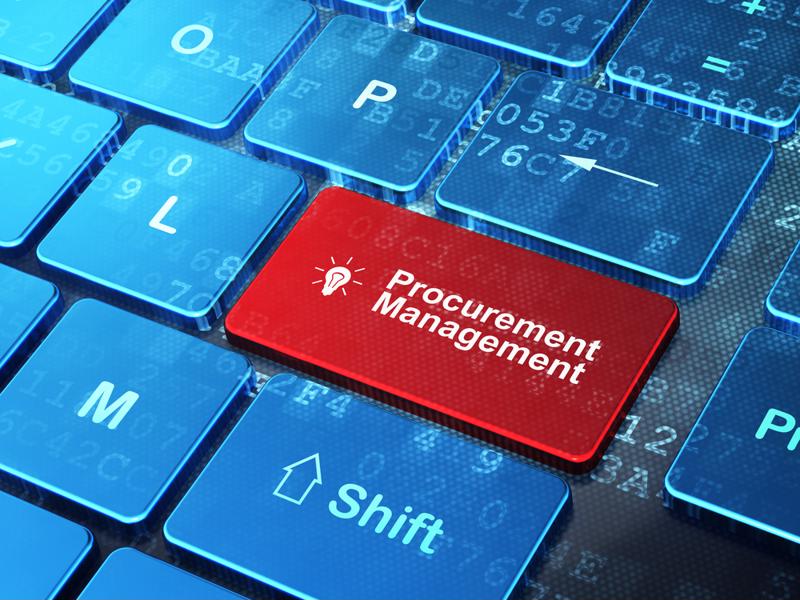As supply chains grow to the point that they stretch across oceans, and a large and ever-growing number of partners are involved, the risk of procurement fraud tends to increase. The fact is that it becomes more difficult to fully understand the provenance of your sourced materials as you incorporate more moving parts into the system, and it's something you have to keep a close eye on.
One of the best ways to tackle the risk of procurement fraud is to make a larger and more concerted effort to collect data from every partner and at every step of your supply chain, according to Spend Matters. Moreover, it requires a careful understanding of procurement rules and regulations from all the countries from which their products are being sourced. Simply put, what constitutes a genuine part or component in one nation may not be considered legitimate in another.
As a result of all these overlapping rules and a general lack of oversight - or indeed, insight - for the entirety of the supply chain, a surprisingly large percentage of companies are victimized by procurement fraud each year, the report said. The resulting problems for their operations combine to cost the global supply chain hundreds of billions annually.

A large part of the problem when it comes to identifying and stamping out procurement fraud is how people think of fraud in the first place, according to Federal Computer Week. Not all fraud - at least of this type - is necessarily criminal, and certainly doesn't rise to the level of requiring legal proceedings. However, it can nonetheless put companies at risk, both financially and reputationally.
"There is no room for criminal fraud," David Robbins, a federal fraud remedies coordination official and lawyer, told the site."[However,] business mistakes are not criminal events. There is less out-and-out fraud. There is good evidence that industry has become more compliant."
Consequently, ensuring one hand knows what the other hand is doing at each step of the supply chain - by investing in technology that helps better track products throughout - is good practice because it provides companies with peace of mind about deliveries, the report said. It's also critical to identify issues at the exact time and place where they arose.
What can be done?
When companies are trying to get out in front of these issues, it's not just about better coordination with partners and adherence to all the right rules, because those are big ideas that take a ton of buy-in at every level of your operations, according to Deloitte. Instead, companies would be wise to focus on hiring the right people who can follow the plan and work within a successful culture to meet the company's needs and help identify fraud before it becomes a major issue.
With all this in mind, it's wise for businesses at every step of the supply chain to take a top-down view of their own needs and do more to act against procurement fraud on an ongoing basis.



Post A Comment:
0 comments so far,add yours